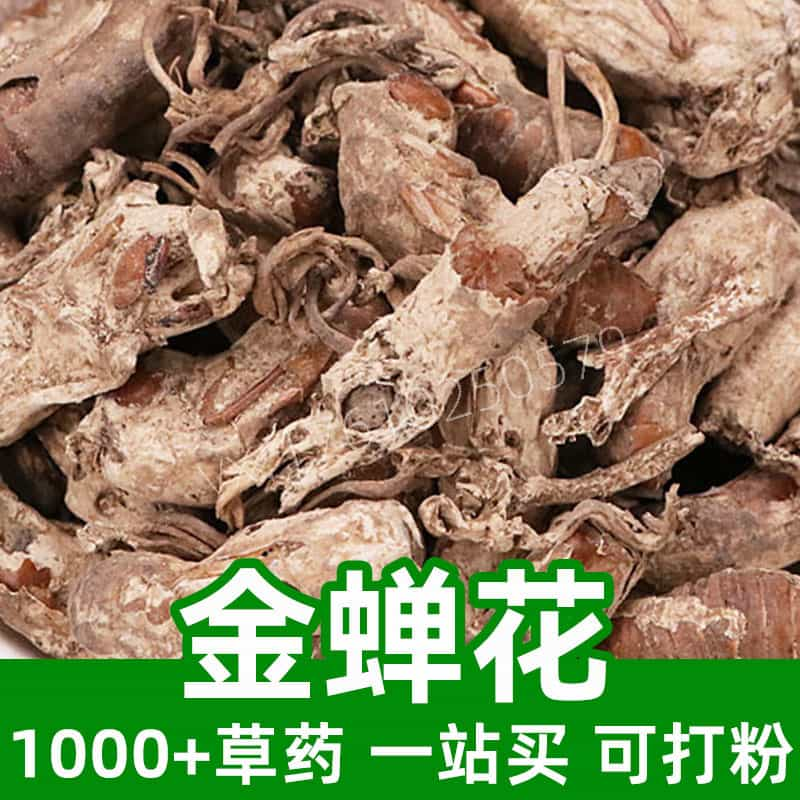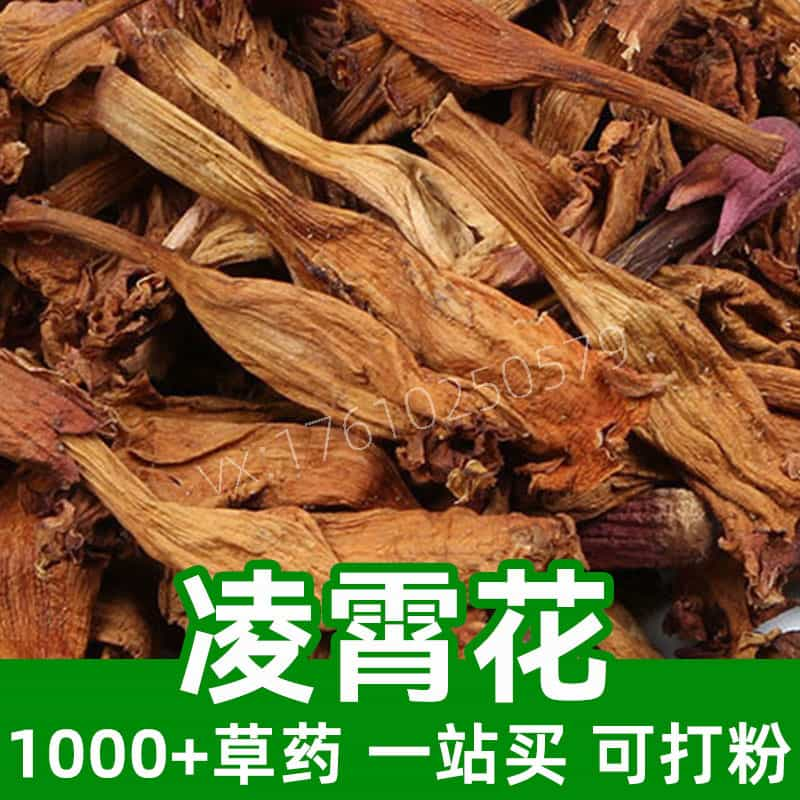Product Introduction of Plantago
Plantago is the seed of the plant plantain, which belongs to the family Portulacaceae and is commonly used in traditional Chinese medicine. Its main components include mucus, cellulose, protein, fat, vitamins and minerals. Plantago is derived from the plantago, which is mainly produced in Asia, Europe and North America. In traditional Chinese medicine, plantago has the effects of clearing away heat and dampness, laxative and intestinal moistening, and is often used to treat gastrointestinal diseases such as constipation and hemorrhoids. Because it is rich in beneficial ingredients such as cellulose, it is also widely used in health foods and pharmaceutical preparations to help regulate intestinal function and improve digestive health.
Main active ingredients of Psyllium
Psyllium is the seed of the Plantain plant, which is rich in nutrients and medicinal value. Its main active ingredients include:
- Nutrients: Plantago is rich in nutrients such as protein, fat, carbohydrates, vitamins (such as vitamin C, vitamin E, etc.), minerals (such as calcium, iron, zinc, etc.) and cellulose.
- Mucus: Plantago contains mucus, which has a lubricating effect, helps protect the intestinal mucosa and improve the intestinal environment.
- Active ingredients: The active ingredients in psyllium include plant sterols, alkaloids, polyphenol compounds, etc. These ingredients have antioxidant, anti-inflammatory, antibacterial and other biological activities.
- Medicinal ingredients: Plantago contains a variety of ingredients with pharmacological effects, such as purslane, purslane ine, etc., which have diuretic, heat-clearing, dampness-removing, and laxative effects.
- Plant extracts: Plant extracts in Plantago may include a variety of active ingredients, such as phenylethanoid glycosides, flavonoids, etc., which have the functions of regulating intestinal function and enhancing immunity.
The combined effect of these ingredients gives Plantago seed a wide range of application value in traditional Chinese medicine and food. In traditional Chinese medicine, Plantago seed is often used to treat gastrointestinal diseases such as constipation and hemorrhoids, and has the effects of clearing away heat and dampness, and laxative and intestinal moistening. At the same time, in the field of health food, Plantago seed is often made into capsules, granules, etc., to regulate intestinal function and improve digestive system health.
Application scenarios and dosage of psyllium
As a common Chinese medicinal material, Plantago has many uses and dosages in the food industry. The following focuses on its application in traditional Chinese medicine and food, and includes relevant information on its dosage.
Application in the field of traditional Chinese medicine:
- ** Clears away heat and dampness, promotes bowel movements and moistens the intestines **: Plantago has the effects of clearing away heat and dampness, promoting bowel movements and moistening the intestines. It is often used in traditional Chinese medicine to treat damp-heat syndrome and gastrointestinal diseases such as constipation and hemorrhoids.
- Treatment of urinary tract infection: Plantago is believed to have diuretic and antibacterial effects and can be used to treat urinary tract infections and inflammations, such as frequent urination and painful urination.
- Improve digestive system health: Taking psyllium in moderation can help improve digestive system health, relieve gastrointestinal discomfort, promote appetite, and enhance digestive function.
Usage and Dosage:
- Decoction for drinking: Add an appropriate amount of plantain seeds to water and boil, take the juice and drink. Generally take 10-15 grams each time, boil in water and take in 2 doses, 2-3 times a day.
- Cook it into porridge: Cook the plantain seeds into porridge, which can be used as a medicinal food or added to your daily diet. It helps increase fiber intake and promote intestinal health.
- Soak in water: Soak an appropriate amount of Plantain seeds in clean water. Drink it directly after soaking or use it to make tea. It has the effect of clearing away heat and dampness and quenching thirst.
- Medicinal preparations: Plantago can also be used as a medicinal material to make granules, capsules and other preparations. Take it according to the advice of a pharmacist or doctor. The dosage and usage need to be adjusted according to the specific situation.
Application in food industry:
- Health food: Plantain seeds are used to make health foods, such as capsules, granules, etc., with the main effects of regulating intestinal function and enhancing immunity.
- Food additive: Plantain extract is often added to food to enhance the nutritional value of food, such as added to bread, biscuits and other foods.
- Tea beverage: Plantago seed can also be processed into tea beverage, which has the effect of clearing away heat and dampness, and quenching thirst, and is loved by a certain consumer group.
Usage and Dosage:
- Capsules or granules: Take according to the product instructions or doctor's advice, usually 2-3 capsules each time, 2-3 times a day.
- Food additives: Add an appropriate amount of psyllium extract according to the food processing technology and formula requirements, generally not exceeding 1% of the total food amount.
- Tea drink: Make an appropriate amount of psyllium into tea bags or soak it in water and drink it 1-2 times a day, 1-2 bags each time.
Introduction to the source plants of Plantago, distribution and growth environment
Plantago is a common medicinal plant. Its source plant is the Plantago plant, which belongs to the genus Plantago in the family Portulacaceae. The following will introduce the source plant, distribution and growth environment of Plantago.
Source plant introduction:
- Scientific name: The scientific name of plantain is Plantago, which belongs to the genus Plantago of the family Portulacaceae. It is a perennial or annual herb.
- Characteristics: The Plantain plant has a dwarf, herbaceous appearance with leaves that are usually oval or ovate, soft in texture, and smooth in surface.
- Flowers and fruits: Plantain plants have a long flowering period. The inflorescence is usually a panicle or cylindrical inflorescence. The flowers are small and dense. The fruit is a capsule. The seeds are oval and black.
Distribution:
- Global Distribution: Plantain is a widely distributed plant found primarily in temperate and boreal zones, including Europe, North America, Asia, and other regions.
- Distribution in China: In China, Plantain plants are widely distributed, growing from the northeast to the southwest, especially in moist valleys, fields, grasslands, roadsides, etc.
Growth environment:
- Soil adaptability: Plantain plants have strong adaptability to soil and prefer to grow in well-drained, loose, organic-rich sandy soil or loam.
- Light requirements: Plantain plants are highly adaptable to light and prefer an environment with sufficient light, but they can also grow in a semi-shaded or shaded environment.
- Humidity requirements: Plantain plants prefer a humid environment and the soil needs to be kept moist during growth, but they are not resistant to waterlogging and have high requirements for drainage.
- Climate adaptability: Plantain plants are highly adaptable and can grow in mild climates. They are not very demanding on temperature and can tolerate mild cold and short-term low temperatures.
- Altitude range: Plantain plants have a wide distribution range in altitude, and there are records of their growth from low altitude areas to high altitude mountains, but they are mainly found in low altitude areas.
To sum up, the source plant of Plantago is Plantago, which has a wide distribution, strong adaptability to the growth environment, and can grow and reproduce in a variety of soil and climatic conditions.
Harvesting, processing, storage and preservation of Plantago
The harvesting, processing, storage and preservation of Plantago are important steps to ensure its quality and medicinal value, which will be introduced below:
Harvest:
- Harvesting time: Plantain seeds are usually harvested when the fruit is ripe, usually in late autumn or winter for better results.
- Harvesting method: It can be harvested manually or mechanically. You can choose to harvest the whole plant or just the fruit part to ensure uniform and efficient harvesting.
Processing:
- Cleaning: After harvesting, the seeds should be cleaned to remove impurities, dirt and other attachments to maintain the hygiene and purity of the plantago.
- Drying: After washing, the plantain seeds should be dried in the sun until they are fully dry. Natural drying or artificial drying can be used until the moisture content drops to an appropriate level.
Storage:
- Dry storage: After drying, plantain seeds should be stored in a ventilated, cool and dry place, away from direct sunlight and humid environment to prevent mildew and quality loss.
- Sealed storage: The dried psyllium can be placed in a sealed container to prevent moisture from entering. At the same time, the container should be kept dry and clean to avoid the invasion of bacteria or mold.
- Store away from light: Psyllium should be stored in a dark place away from direct sunlight to protect its active ingredients from being degraded by light.
- Regular inspection: During storage, the quality and condition of psyllium should be checked regularly. If it is moldy, deteriorated or has an odor, it should be handled or replaced in time.
- Reasonable packaging: Psyllium can be packaged in appropriate amounts for daily use to avoid frequent opening of large containers that may cause moisture to enter.
- Notes: During storage, care should be taken to prevent moisture and insects. If moisture or harmful organisms are found, they should be handled promptly to ensure product quality and medicinal value.
In summary, the harvesting, processing, storage and preservation of Plantago are crucial to maintaining its medicinal value and quality. It needs to be harvested at the right time and properly processed, and then properly stored in a dry, ventilated and cool environment to ensure its long-term effectiveness and safety.
Monica Sun is a seasoned expert in the natural raw materials industry, with over a decade of experience specializing in traditional Chinese medicinal herbs, spices, and fungi. She is skilled in the sourcing, processing, and application of these materials, emphasizing sustainability and innovation. Monica Sun has contributed to the development of high-quality natural raw materials that serve as essential components in functional foods, pharmaceuticals, and cosmetics, delivering tailored solutions to meet diverse market needs.













